Related Research Articles
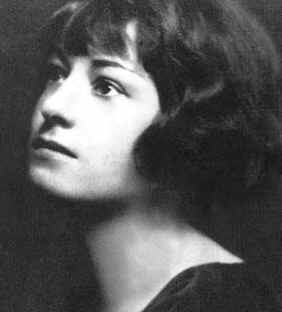
Dorothy Parker was an American poet, writer, critic, and satirist based in New York; she was best known for her wit, wisecracks, and eye for 20th-century urban foibles.
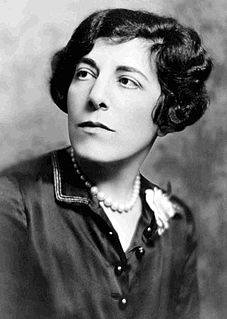
Edna Ferber was an American novelist, short story writer and playwright. Her novels include the Pulitzer Prize-winning So Big (1924), Show Boat, Cimarron, Giant and Ice Palace (1958), which also received a film adaptation in 1960.
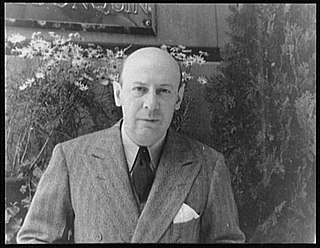
Marcus Cook Connelly was an American playwright, director, producer, performer, and lyricist. He was a key member of the Algonquin Round Table, and received the Pulitzer Prize for Drama in 1930.
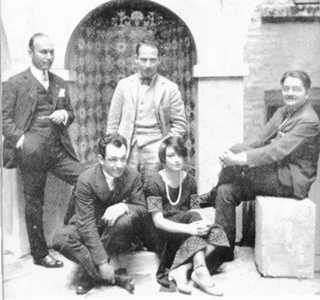
The Algonquin Round Table was a group of New York City writers, critics, actors, and wits. Gathering initially as part of a practical joke, members of "The Vicious Circle", as they dubbed themselves, met for lunch each day at the Algonquin Hotel from 1919 until roughly 1929. At these luncheons they engaged in wisecracks, wordplay, and witticisms that, through the newspaper columns of Round Table members, were disseminated across the country.

Alexander Humphreys Woollcott was an American drama critic and commentator for The New Yorker magazine, a member of the Algonquin Round Table, an occasional actor and playwright, and a prominent radio personality.

Harold Wallace Ross was an American journalist who co-founded The New Yorker magazine in 1925 with his wife Jane Grant, and was its editor-in-chief until his death.

Robert Charles Benchley was an American humorist best known for his work as a newspaper columnist and film actor. From his beginnings at The Harvard Lampoon while attending Harvard University, through his many years writing essays and articles for Vanity Fair and The New Yorker and his acclaimed short films, Benchley's style of humor brought him respect and success during his life, from his peers at the Algonquin Round Table in New York City to contemporaries in the burgeoning film industry.
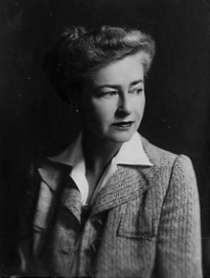
Margaret Kernochan Leech, also known as Margaret Pulitzer, was an American historian and fiction writer. She won the Pulitzer Prize for History both in 1942 and in 1960.
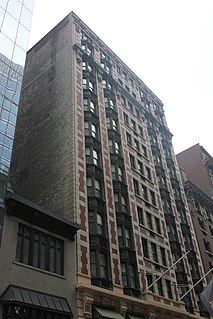
The Algonquin Hotel is an American historic hotel located at 59 West 44th Street in Midtown Manhattan, New York City. The hotel is a New York City designated landmark.
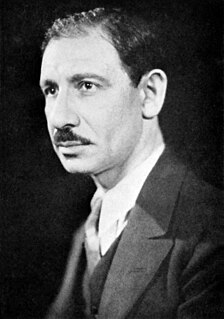
Franklin Pierce Adams was an American columnist known as Franklin P. Adams and by his initials F.P.A.. Famed for his wit, he is best known for his newspaper column, "The Conning Tower", and his appearances as a regular panelist on radio's Information Please. A prolific writer of light verse, he was a member of the Algonquin Round Table of the 1920s and 1930s.
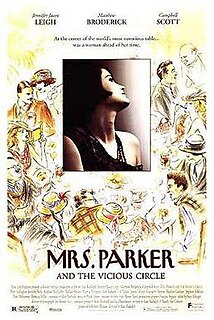
Mrs. Parker and the Vicious Circle is a 1994 American biographical drama film directed by Alan Rudolph from a screenplay written by Rudolph and Randy Sue Coburn. The film stars Jennifer Jason Leigh as writer Dorothy Parker and depicts the members of the Algonquin Round Table, a group of writers, actors and critics who met almost every weekday from 1919 to 1929 at Manhattan's Algonquin Hotel.
Wolcott Gibbs was an American editor, humorist, theatre critic, playwright and author of short stories, who worked for The New Yorker magazine from 1927 until his death. He is best remembered for his 1936 parody of Time magazine, which skewered the magazine's inverted narrative structure. Gibbs wrote, "Backward ran sentences until reeled the mind"; he concluded the piece, "Where it all will end, knows God!" He also wrote a comedy, Season in the Sun, which ran on Broadway for 10 months in 1950–51 and was based on a series of stories that originally appeared in The New Yorker.

Lake Bomoseen is a freshwater lake in the western part of the U.S. state of Vermont in the towns of Castleton and Hubbardton in Rutland County. It is the largest lake that lies entirely within the state's boundaries, with a surface area of approximately 2,400 acres (9.6 km2). The lake was formed by glaciation and has an average and maximum depth of 27 feet (8.2 m) and 65 feet (19.8 m), respectively. It drains a 24,770-acre (100.25 km2) watershed, has five major inlets, and empties to the Castleton River, a tributary of the Poultney River, which in turn flows west to East Bay at the southern end of Lake Champlain.

Neysa Moran McMein was an American illustrator and portrait painter who studied at The School of The Art Institute of Chicago and Art Students League of New York. She began her career as an illustrator and during World War I, she traveled across France entertaining military troops with Anita P. Wilcox and Jane Bulley and made posters to support the war effort. She was made an honorary non-commissioned officer in the United States Marine Corps for her contributions to the war effort.
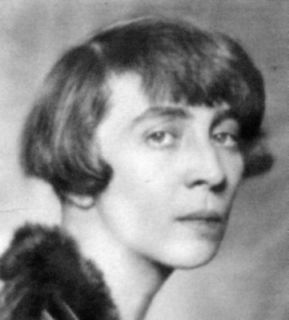
Ruth Hale was an American journalist who worked for women's rights in New York City during the era before and after World War I. She was married to journalist Heywood Broun and was an associate of the Algonquin Round Table.
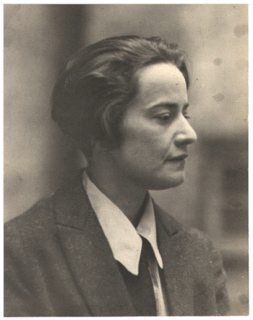
Jane Grant was a New York City journalist who co-founded The New Yorker with her first husband, Harold Ross.
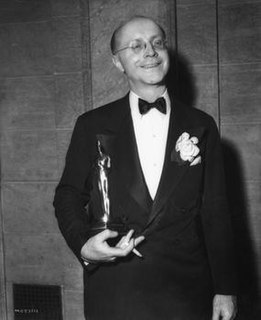
Donald Ogden Stewart was an American author and screenwriter, best known for his sophisticated golden age comedies and melodramas, such as The Philadelphia Story, Tarnished Lady, and Love Affair. Stewart worked with a number of the directors of his time, including George Cukor, Michael Curtiz, and Ernst Lubitsch. Stewart was a member of the Algonquin Round Table and, with Ernest Hemingway's friend Bill Smith, the model for Bill Gorton in The Sun Also Rises. His 1922 parody on etiquette, Perfect Behavior, published by George H Doran and Co, was a favourite book of P. G. Wodehouse.
John Peter Toohey was an American writer and publicist. He is best known as a member of the Algonquin Round Table. According to Ross and The New Yorker by Dale Kramer, Toohey supplied the name for the famous magazine. According to the story, when several Algonquin types were brainstorming for a name, he asked them about who the magazine was intended for. When he was told "New Yorkers," he replied, "Then call it The New Yorker"—and he returned to his lunch.

La Chauve-Souris was the name of a touring revue during the early 1900s. Originating in Moscow and then Paris, and directed by Nikita Balieff, the revue toured the United States, Europe, and South Africa. The show consisted of songs, dances, and sketches, most of which had been originally performed in Russia. The revue was enormously successful in the U.S., and one of its legacies is the popularization of the jaunty tune The Parade of the Wooden Soldiers by Leon Jessel.
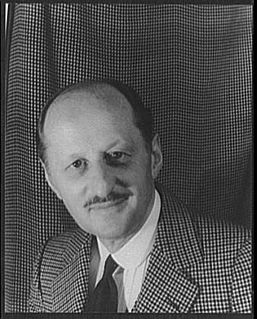
Frank Case was an American hotelier and author. He owned and managed the Algonquin Hotel during the heyday of the Algonquin Round Table and wrote a number of books about his experiences with the hotel and the Round Tablers.
References
- ↑ "Neshobe Island". The Bizarre Notes and Queries. S. C. & L. M. Gould. 7: 75–77. 1890.
- ↑ "Alexander Woollcott". The New Yorker .
- ↑ "Then Again: A summer getaway for New York's literati". 26 July 2020.
- ↑ "Neshobe Island, the Algonquin Round Table Summer Home in Vermont". 29 September 2017.
- ↑ "Neshobe Island, the Algonquin Round Table Summer Home in Vermont". 29 September 2017.
- ↑ "Neshobe Island". The Vermont Encyclopedia. UPNE. 2003. p. 215. ISBN 1-58465-086-9.